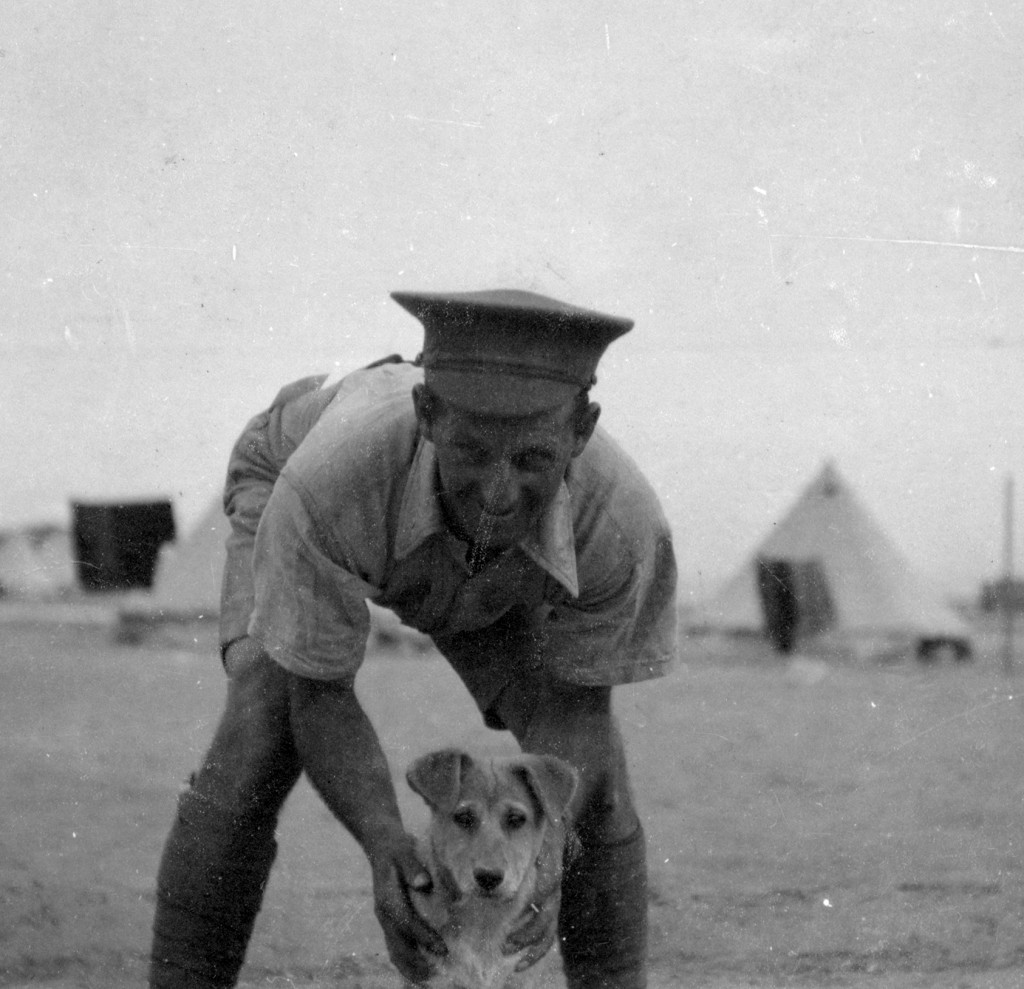Cyril Bicknell
Although born in Featherston in 1889, Cyril Alfred Bicknell’s pre-war life was in the Greytown area, where he was a bee-keeper, farmer and inventor (patenting a shooting target system). His parents were William and Grace. As a young man Cyril was a volunteer with the Carterton Fire Brigade.
Previously serving with the Greytown Volunteers and the 17th Ruahine Regiment, Cyril enlisted when war was declared, receiving the number 10/132 in the Wellington Infantry Battalion. He was made a sergeant at Awapuni Camp and after the journey to Egypt, landed at Anzac Cove with the Wellingtons. He was wounded in the knee on 20 May 1915, evacuated to Egypt and after recovery, rejoined his battalion at the end of June. Cyril went down with influenza just before the August Offensive, convalesced on Lemnos Island and was back on Gallipoli at the end of August. There he was promoted to second lieutenant in October. Like so many soldiers he was afflicted with dysentery and spent a few days recovering at Lemnos in late October. He had a last stint at Gallipoli before the evacuation in December 1915.
Cyril sailed with the New Zealand Division to France in April 1916, railing from Marseilles to the Armentières area, near the border with Belgium. The division first served in this quiet sector, becoming used to conditions on the Western Front and absorbing new tactics and weapons. One of these new weapons was the Mills bomb (or hand grenade) and it was an accident in bomb training that killed Cyril Bicknell on 23 June 1916. The court of enquiry decided a premature detonation had probably caused the bomb to explode, causing mortal wounds to Cyril. Herbert Hart, Cyril’s commanding officer, described the incident in his diary as ‘a frightfully depressing accident’ – which killed another officer and wounded two men.
He is buried in the Cite Bonjean Cemetery in Armentières, along with more than 400 New Zealand soldiers.
